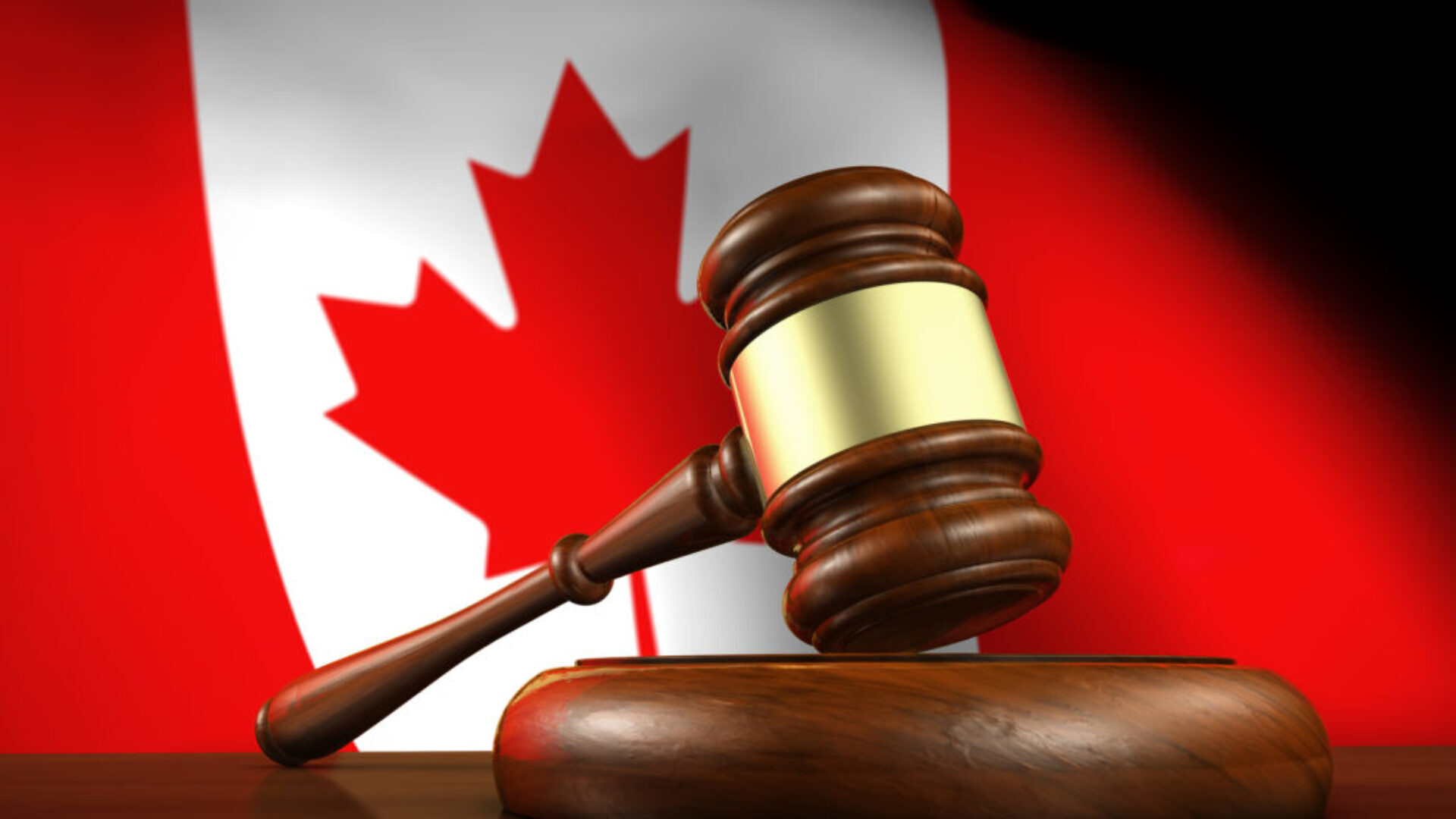Immigration for Gays in Toronto

Immigration for Gays in Toronto: A Beacon of Hope
Introduction:Immigration for Gays in Toronto
Canada has long been celebrated as a diverse and inclusive nation, where people from all walks of life can find a safe and welcoming environment to build their futures. Among the many groups that have sought refuge and opportunity in Canada, LGBTQ+ individuals have found an especially hospitable haven. This essay explores the immigration journey of LGBTQ+ individuals in Canada, focusing on the challenges they have faced, the legal milestones that have been achieved, and the broader social impact of their presence in the country.
Section 1: Historical Perspective for Immigration for Gays in Toronto
Canada's journey towards LGBTQ+ inclusivity dates back to the 1960s and 1970s when various advocacy groups began their efforts to decriminalize homosexuality and combat discrimination. Prior to these milestones, LGBTQ+ individuals faced significant persecution, with homosexuality being illegal in some provinces.
1.1 Decriminalization and the Beginning of Progress
- In 1969, Canada took a significant step by decriminalizing homosexuality.
- This change in law was a result of persistent activism and legal challenges.
- It marked the beginning of a more inclusive environment for LGBTQ+ individuals.
1.2 Early LGBTQ+ Immigration
- Before legal reforms, LGBTQ+ individuals from around the world sought refuge in Canada to escape persecution.
- Canada became a haven for those seeking safety and freedom.
 Section 2: Legal Progress for Immigration for Gays in Toronto
Section 2: Legal Progress for Immigration for Gays in Toronto
Canada has made substantial legal progress in recognizing and protecting the rights of LGBTQ+ individuals. This progress has played a crucial role in shaping the immigration landscape.
2.1 Charter of Rights and Freedoms
- The Canadian Charter of Rights and Freedoms, enacted in 1982, is a fundamental document protecting individual rights, including those of LGBTQ+ individuals.
- It provides a legal foundation for equal protection and non-discrimination.
2.2 Same-Sex Marriage
- Canada legalized same-sex marriage in 2005, becoming one of the first countries to do so.
- This landmark decision set a global precedent and signified Canada's commitment to LGBTQ+ equality.
2.3 Changes in Immigration Policies
- Canada has amended its immigration policies to recognize same-sex couples for sponsorship purposes.
- This allows LGBTQ+ individuals to reunite with their partners in Canada.

Section 3: Challenges Faced by LGBTQ+ Immigrants during the Immigration for Gays in Toronto
While Canada has made substantial strides in LGBTQ+ rights and protections, challenges still exist for LGBTQ+ immigrants.
3.1 Asylum Seekers
- Many LGBTQ+ individuals seek asylum in Canada due to persecution in their home countries.
- Proving their need for protection can be challenging.
3.2 Intersectionality
- LGBTQ+ immigrants may face additional challenges related to their intersectional identities, such as race, religion, or disability.
- Discrimination can be compounded in these cases.
3.3 Mental Health and Isolation
- The process of immigration can be isolating and stressful, impacting the mental health of LGBTQ+ newcomers.
- Support services are crucial but not always readily available.

Section 4: The LGBTQ+ Community's Impact on Immigration for Gays in Toronto
The presence of LGBTQ+ individuals in Canada has had a profound impact on society and culture.
4.1 Contribution to Diversity
- The LGBTQ+ community enriches Canada's cultural tapestry.
- It adds to the nation's reputation as a diverse and inclusive society.
4.2 LGBTQ+ Rights Advocacy
- LGBTQ+ individuals and organizations have played pivotal roles in advancing human rights and inclusivity in Canada.
- Their activism has contributed to broader societal change.
4.3 Economic Contribution
- LGBTQ+ immigrants have made substantial contributions to Canada's economy.
- Their skills and talents have been harnessed for the country's benefit.
Section 5: Looking Ahead for Immigration for Gays in Toronto
Canada's journey toward LGBTQ+ inclusivity is far from over. There are ongoing efforts and challenges that must be addressed.
5.1 Continued Advocacy
- Advocacy for LGBTQ+ rights must continue to address remaining inequalities.
- Education and awareness campaigns play a crucial role.
5.2 Expanding Support Services
- More support services and mental health resources are needed for LGBTQ+ newcomers.
- Tailored programs can help ease the transition to Canadian life.
5.3 Global Leadership
- Canada can continue to serve as a global leader in LGBTQ+ rights.
- By sharing its experiences and expertise, Canada can inspire positive change worldwide.
Conclusion
Canada's journey towards LGBTQ+ inclusivity has been marked by significant progress in legal reforms and societal acceptance. The immigration experience for LGBTQ+ individuals has evolved from one of escape and survival to one of hope and opportunity. However, challenges remain, and continued efforts are needed to ensure a more equitable and inclusive society for all LGBTQ+ immigrants. Canada's example can serve as a beacon of hope for LGBTQ+ individuals around the world, demonstrating that progress is possible through determination, activism, and a commitment to equality.
In case, if you need help with Immigration for Gays in Toronto, please fill in application below or contact us directly.


